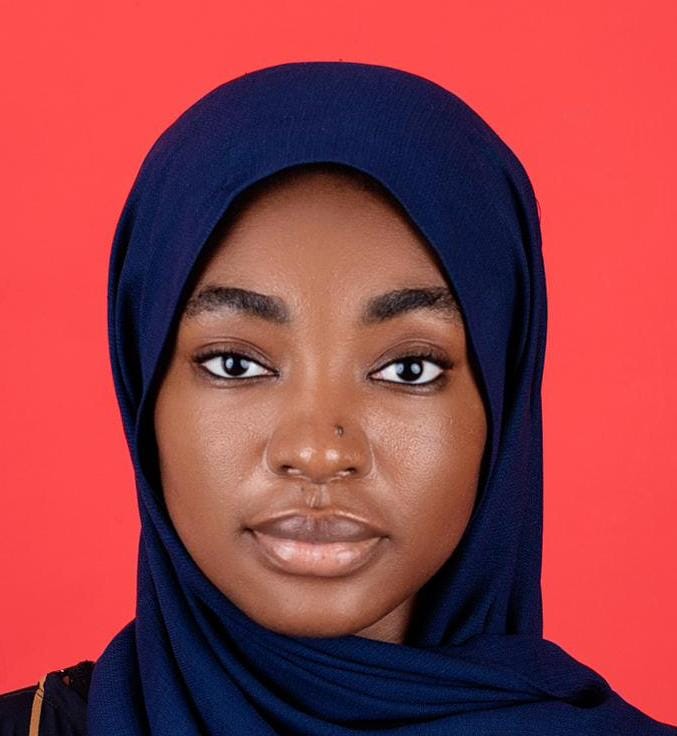When we Focus on What Really Matters By Rabi Ummi Umar
POLITICS DIGEST- Perhaps being a budding writer has heightened my observational skills, or maybe I’ve always been this way, needing only a nudge to fully recognize it. I owe much of this awareness to journalism—and especially to Alhaji Yushau Shuaib, Managing Director of Image Merchants Promotion Limited (IMPR), my mentor and boss.
His guidance has shaped me into a more perceptive writer and observer, helping me explore my potential in meaningful ways. As a writer and journalist, I believe that curiosity is essential in our profession. With a naturally inquisitive nature, I’m constantly engaged in understanding my surroundings, both physically and virtually, always seeking fresh insights and perspectives.
This curiosity has led me to an intriguing observation: many Nigerians seem to devote significant energy to trivial matters, getting easily distracted from more serious issues. We often call it “catching cruise” or a “coping mechanism” for our collective frustrations, yet it reflects a deeper cultural trend.
At 20, I’ve already seen countless instances where Nigerians confer undue importance on inconsequential issues and people, often at the expense of substantial matters and those genuinely in need of attention.
Just a few days ago, social media exploded over an Equatoguinean official, Baltasar Engonga, the Director General of Equatorial Guinea’s National Financial Investigation Agency, embroiled in a sex scandal involving hundreds of women. While the story was startling, I was struck more by how Nigerians fixated on it, as though pressing economic challenges here at home faded into the background.
Around the same time, right before the U.S. presidential election, a group of Nigerians took to the streets of Lagos to campaign for Donald Trump. One wonders what stake they truly have in American politics.
Read Also:
And then there’s social media. Nigerians on X (formerly Twitter) frequently engage in arguments about tribal divisions, relationship issues, and matchmaking. Meanwhile, countless pressing national issues go overlooked.
Perhaps the most disheartening example occurred in the same week, as stories of minors detained for nearly three months—malnourished and brought to court—went almost unnoticed, lost amid other distractions.
We often lament that Nigeria is in disarray, stagnant, or struggling to move forward. While the country’s challenges are immense, we must remember that we, too, are part of the solution. Our actions and decisions have a cumulative effect. It isn’t solely the responsibility of the government or the president to build a better nation; it’s everyone’s. “Change begins with me” isn’t just a slogan; it’s a principle we must live by, as true transformation starts with each of us.
To those who enjoy “catching cruise,” have you ever paused to consider: what if I channeled this energy into something impactful? What if I educated myself about current national events? What if I engaged more thoughtfully in politics, both locally and globally? What if you, personally, took action?
Consider the tragedy in Gaza—could your voice on social media raise awareness? Think of the countless lives lost in Congo—could your advocacy make a difference? Sometimes, a single “what if” can spark a movement for meaningful change.
Have you ever wondered how you could contribute to Nigeria’s progress? Or, if that seems overwhelming, how you might make a difference in the lives of those around you? We all need moments of quiet reflection.
Your tweets and comments have impact. Imagine using them to foster positive change. Progress isn’t solely dependent on leaders—it begins with us.
Having fun and relaxing is part of life. But it’s time we focus on what truly matters and leave behind the irrelevant for the betterment of all. Every small action counts, and the ripple effects can exceed our expectations.
Rabi Ummi Umar is a student of Al-Hikmah University, Ilorin, and can be reached at [email protected].
















